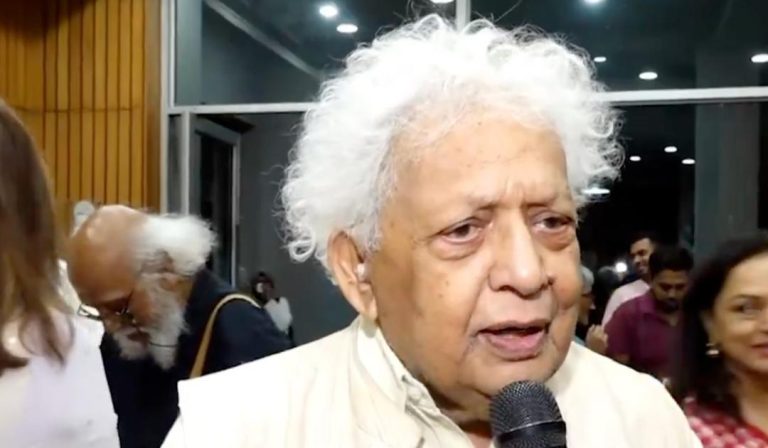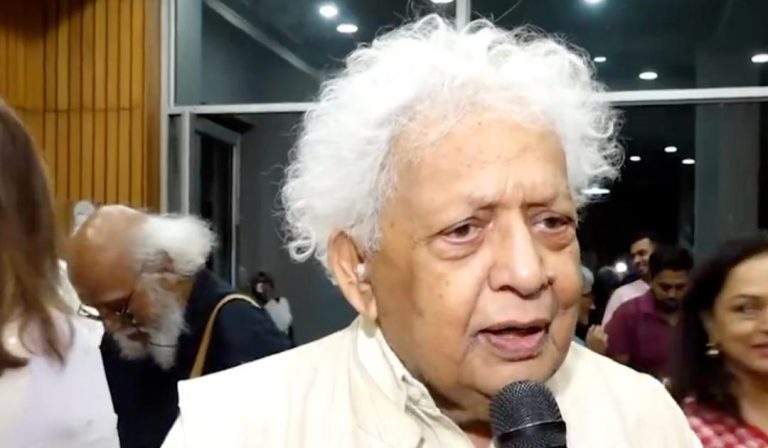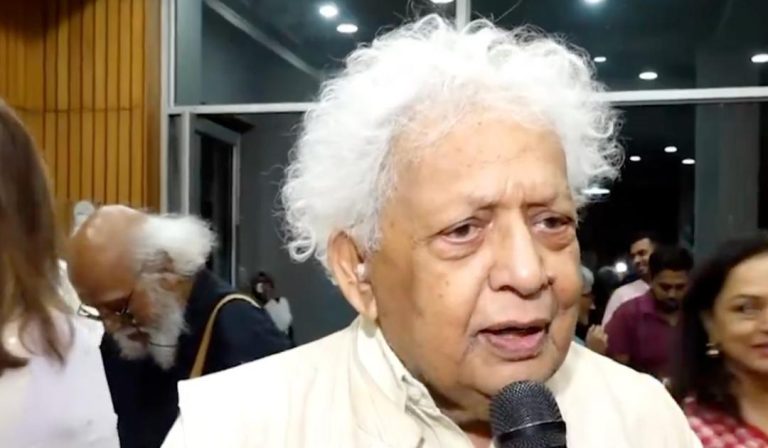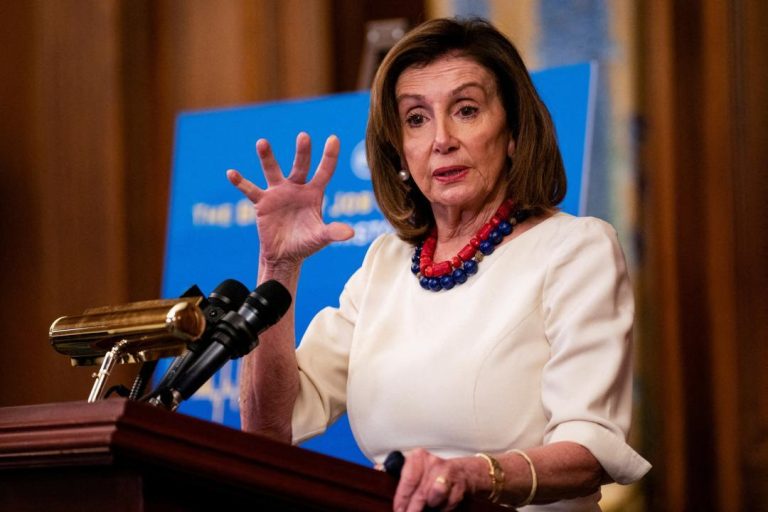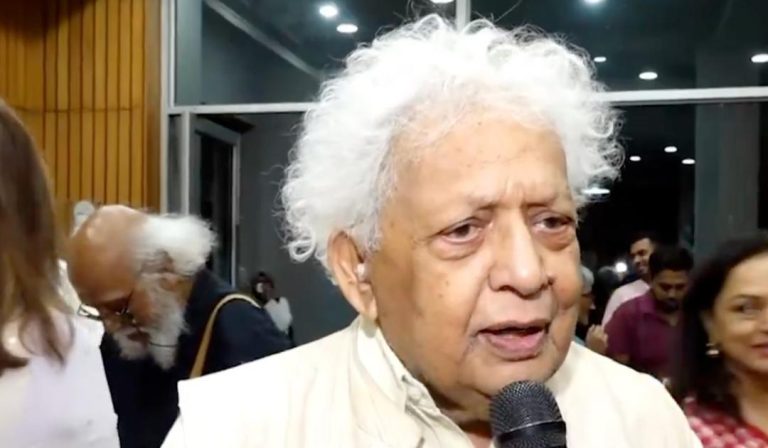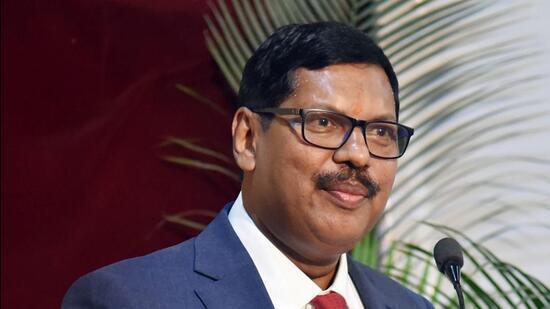
Prez Murmu appoints Justice Gavai as CJI with effect from May 14
In a significant development, President Droupadi Murmu has appointed Supreme Court Justice Bhushan Ramkrishna Gavai as the next Chief Justice of India (CJI), effective from May 14, 2025. This appointment comes as CJI Sanjiv Khanna is set to retire on May 13, marking the end of his tenure. Justice Gavai’s appointment as the 52nd CJI is notable for another reason – he will be the second Chief Justice from the Scheduled Caste community to hold the position, following in the footsteps of ex-CJI KG Balakrishnan.
The appointment was made in accordance with the provisions of Article 124 of the Constitution, which states that the President shall appoint the Chief Justice of India, after consulting with the Chief Justice of the Supreme Court and the Union Minister of Law and Justice. Justice Gavai, currently the senior-most judge of the Supreme Court, will take over as the Chief Justice of India on May 14, 2025.
Justice Gavai’s Journey to the Top
Born on August 16, 1956, Justice Gavai hails from Maharashtra and has had a long and distinguished career in the judiciary. He was enrolled as an advocate in 1981 and practiced law in the Bombay High Court for over two decades before being elevated as a judge in 2004. Justice Gavai has served as the Chief Justice of the Bombay High Court, the Madhya Pradesh High Court, and the Calcutta High Court, before being appointed as a judge of the Supreme Court in 2019.
Throughout his career, Justice Gavai has been known for his erudite and thoughtful approach to law. He has written several significant judgments, including those related to constitutional law, criminal law, and civil law. His appointment as the CJI is seen as a testament to his expertise and reputation as a fair and impartial judge.
Significance of the Appointment
Justice Gavai’s appointment as the CJI has significant implications for the Indian judiciary. As the second Chief Justice from the Scheduled Caste community, he will bring a unique perspective to the position. Justice Gavai’s appointment is seen as a step towards greater representation and diversity in the judiciary, which is crucial for ensuring that the justice system is accessible and fair to all members of society.
Moreover, Justice Gavai’s appointment comes at a time when the Indian judiciary is facing several challenges, including delays in justice delivery, pendency of cases, and issues related to judicial accountability. As the CJI, Justice Gavai will be expected to address these challenges and ensure that the judiciary remains independent, impartial, and effective.
Reaction from the Legal Community
The legal community has welcomed Justice Gavai’s appointment as the CJI. Senior advocates and lawyers have praised his expertise, integrity, and commitment to upholding the rule of law. Many have expressed hope that Justice Gavai’s appointment will bring a fresh perspective to the judiciary and help address some of the pressing issues facing the system.
“Justice Gavai is a highly respected and experienced judge who has earned the admiration of his peers and the legal community,” said a senior advocate. “His appointment as the CJI is a well-deserved recognition of his hard work and dedication to the judiciary.”
Conclusion
The appointment of Justice Bhushan Ramkrishna Gavai as the next Chief Justice of India is a significant development in the Indian judiciary. As the second Chief Justice from the Scheduled Caste community, Justice Gavai brings a unique perspective to the position. His appointment is seen as a step towards greater representation and diversity in the judiciary, which is crucial for ensuring that the justice system is accessible and fair to all members of society.
As the CJI, Justice Gavai will be expected to address some of the pressing challenges facing the judiciary, including delays in justice delivery, pendency of cases, and issues related to judicial accountability. With his expertise, integrity, and commitment to upholding the rule of law, Justice Gavai is well-equipped to lead the judiciary and ensure that justice is served to all.
